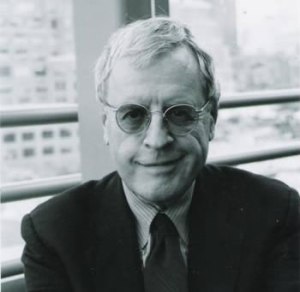Yesterday evening I attended the Poetry Society Annual Lecture at the Bishopsgate Institute. The guest lecturer was (last year’s) US Poet Laureate Charles Simic, who was born in Serbia, spent his childhood in Nazi-occupied Belgrade, and immigrated to America with his family when he was 15. He now lives and teaches in New Hampshire.

Humans always try to find similarities with someone they admire. I enjoyed that Simic is, in a way, a New Englander, but that his accent is more like that of my (Bulgarian) father-in-law. Most of all, I empathized with his comments on “feeling like an outsider, or being considered ‘weird,’ even to [his] closest friends,” and how, even as a young boy, he loved just sitting and looking at things.
“Americans are regional poets,” Simic says. “They write for their climate and thus have trouble appreciating each other.”
Simic, who is 71, has lived through such movements as The Beats, and talked about changes he has seen in the landscape of American poetry.
Despite- or perhaps because of- a childhood in bombed-out Europe, Simic is surprisingly mellow and cheerful. Even though he admits to some broody poetry, he says he often writes when he is happiest, in the kitchen, “with something nice cooking on the stove.”
When a fired-up Russian woman stood up to speak about poets in her own and other European countries being hanged for their words, to ask what his thoughts were on that, Simic seemed unperturbed and rambled a bit about, again, American poetry.
It is entirely understandable that someone who spent his life becoming immersed in his adopted culture should speak solely on that, but there was also a mild air of disappointment that Simic spoke almost entirely on “The State of the Art” (of poetry) in America, when surely a British audience would have liked to hear a bit more about, well, the rest of the world…especially, well, Britain.

He has a cute, quiet sense of humour, and drew a number of chuckles from the audience. “I’m not a confessional poet,” he says in a discernibly American-mixed-with-eastern-European accent, “it goes back to my days when I was a liar.”
(This refers to his extreme distaste for school as a child; he skipped as often as he could, simply because he found it terribly boring. Later, he would go on to put himself through college at night, working days.)
At the end of the talk, another question arose (based on a comment earlier)- a young woman asked, “Is suffering necessary for the creation of great art?”
Simic chuckled and replied promptly: “No.”
After the talk, I bought his Selected Poems and spoke with him briefly, giving him a copy of Darwin’s Microscope. The man is inundated with poetry, so who knows if he’ll read it, but how often do I have the chance to give the first copy of my first book of poetry to the Poet Laureate?
